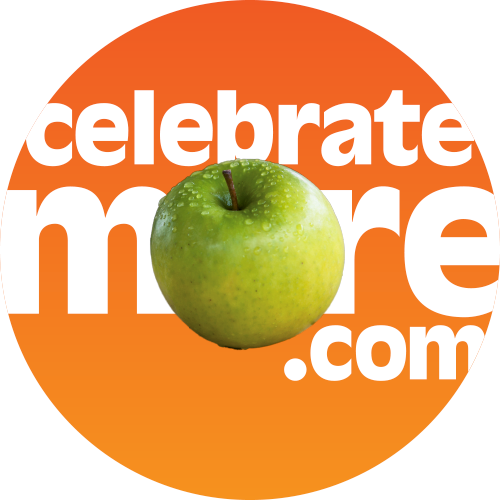One of my favorite parts about fall is the change of the produce that’s in season. In my house growing up, we always could count on squash being served at the table, especially this time of year. When you come in and shop at your local Coborn’s, you’ll have a variety of squash available. How do you know which one to choose? What do you do with it? Many of you, like myself, have recipes passed down from generations on the classic brown sugar squash that you have at Thanksgiving or maybe you’re one who only thinks of baby food when they hear squash. (oh come on, I know many of you are thinking it!) If you haven’t tried squash before, or haven’t had it for a while, I challenge you to try my favorite squash recipe- see below. It’s been a hit with both adults and children in my house, plus it’s delicious- the whole family will love it!
Nutritional Benefits
Before I dive into the delicious recipes, the dietitian in me needs to share the excellent nutrition that squash varieties provide. Like all produce, you really can’t go wrong when you pick some up at the grocery tore. Like other produce, fruits and vegetables are filled with vitamins, minerals, fiber and other nutrients to improve our health. Fruits and vegetables should make up half your plate, according to www.ChooseMyPlate.gov. How is your plate looking? If you’re like me, we could all use a boost of fruits and veggies in our daily diet to get to those recommended amounts. We can’t be perfect all the time, right?! Incorporating squash into your diet can not only help you fill up half your plate, but it can help boost your body’s nutrition with these key nutrients. The following nutrients are found in almost all squash varieties just in different amounts.
Dietary Fiber – Oh, good ole fiber! We always seem to focus on protein in our diets; in reality, we should transfer that effort into trying to incorporate more fiber into our diets. Fiber is found in squash as well as other fruits, vegetables, legumes, and in whole grains. Fiber has many wonderful benefits to the human body, a few include: regulating the digestive system, helps keep you fuller longer, may help lower cholesterol levels, may help control blood sugar levels, and can also help maintain or achieve a healthy weight among individuals.
Vitamin A- Vitamin A is always associated with eye sight when I talk about it with clients. But wait, there’s more benefits! Vitamin A is a fat-soluble vitamin, which means that it needs fat in order to be full digested and absorbed for use. Vitamin A is good for our vision as well as for the growth cells in our body. Vitamin A helps with overall growth and development and even can help boost your immune system.
Vitamin C- Vitamin C is a water-soluble vitamin. These are more easily absorbed. Vitamin C is important for a variety of functions in our body including formation of bones, muscles, blood vessels and more. When we all think of vitamin C, I’m sure at least 80% of us are thinking of orange juice and trying to prevent getting sick (or trying to get better quickly!) Unfortunately, there still needs to be more research on if this is true or not. Some research has shown that it may slightly reduce the length of the cold, or may lessen the symptoms, but unfortunately, it’s not the cure-all we are truly hoping for.
Other key vitamins, minerals and nutrients in squash are vitamin E, vitamin B6, Magnesium, Potassium, Beta Carotene, and Folate/Folic Acid. They are all important for an overall well balanced diet.
Reference source for vitamin and mineral information: Mayo Clinic
My Favorite Squash Recipe – Butternut Squash Mac & Cheese
Amy, RD, LD
Supermarket Registered Dietitian, Coborn’s










